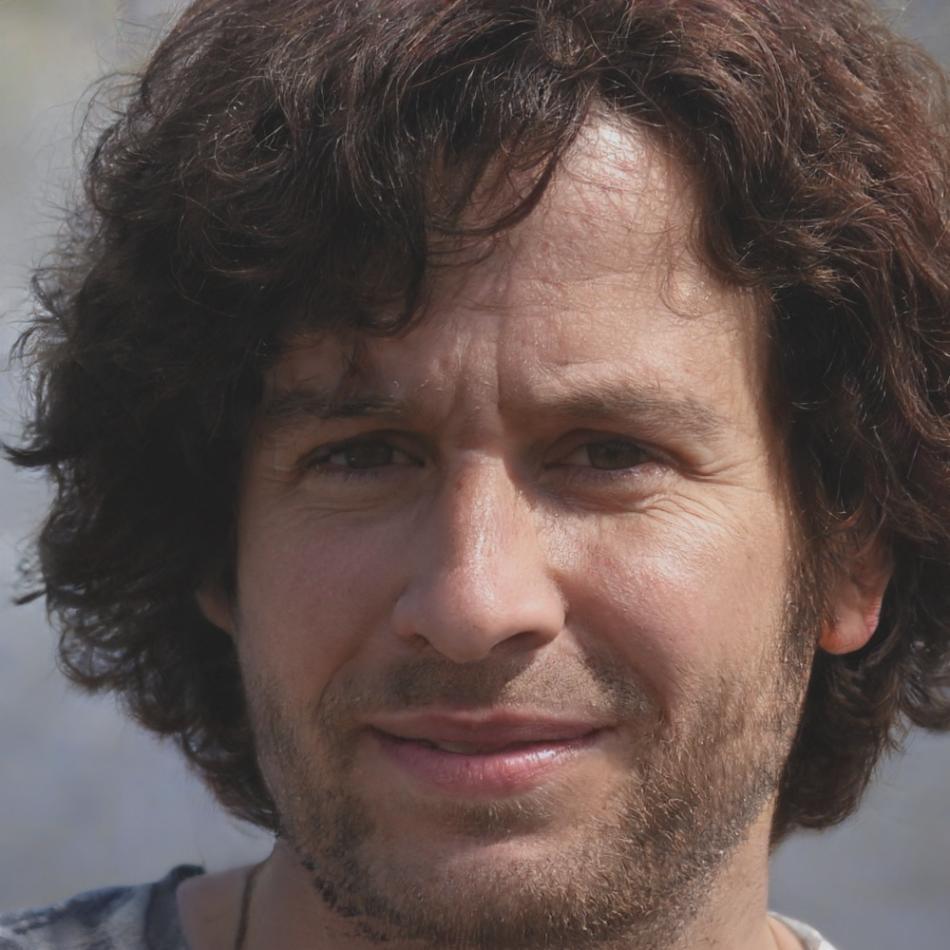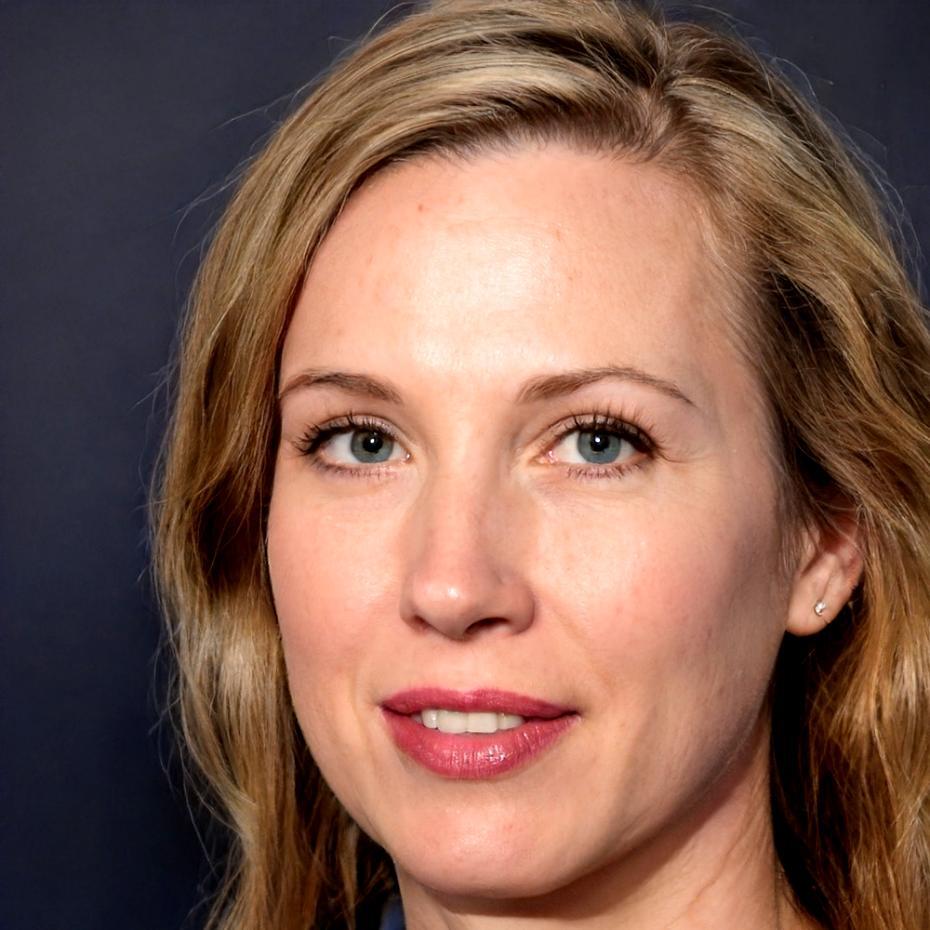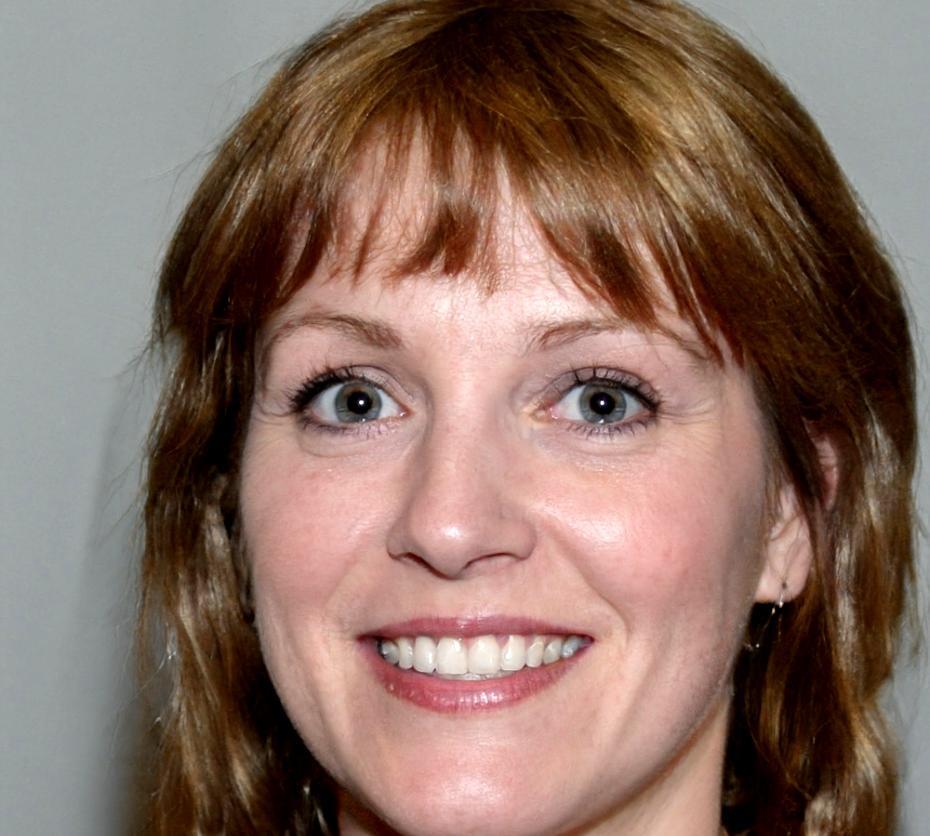Risk Assessment Training That Actually Works
We've spent twelve years figuring out what doesn't work in financial risk education. Turns out, most programs teach theory that falls apart the moment you encounter real-world complexity.
Our approach is different. We start with actual case studies from Thailand's financial sector—the messy, complicated scenarios that don't fit textbook formulas. Because that's what you'll face when you're evaluating a business's financial health or advising on risk mitigation strategies.

How We Teach Risk Assessment
Our methodology came from watching too many graduates struggle when theory met practice. So we built something different.
Case-Based Learning
Every session starts with a real business scenario from the Thailand market. You'll analyze actual financial statements, identify hidden risks, and develop mitigation strategies before we discuss solutions.
This isn't about memorizing formulas. It's about building pattern recognition that serves you when you encounter similar situations in your own work.
Iterative Assessment
We teach you to question your first conclusions. Most financial risks hide beneath surface-level metrics, and spotting them requires systematic skepticism.
You'll learn to build assessment frameworks that force you to look at problems from multiple angles before committing to recommendations.
Practical Application
Theory matters, but only when you can apply it under pressure. Our workshops simulate decision-making environments where you have incomplete information and limited time.
This prepares you for the reality of financial assessment work, where perfect data rarely exists and clients need answers.

Why Our Approach Differs
Most training programs treat risk assessment as a checklist exercise. Follow the steps, tick the boxes, generate a report. But actual risk assessment requires judgment that only develops through repeated exposure to complex scenarios.
We've structured our program around cognitive apprenticeship—you watch experienced analysts work through problems, then tackle similar challenges with guidance, then work independently. It's slower than lecture-based learning, but it produces analysts who can actually do the work.
Our workshops run in small groups (maximum eight participants) because effective learning requires active participation and immediate feedback. You can't hide in the back and absorb this through observation.
What You'll Actually Learn
Financial Statement Analysis Beyond the Basics
Standard financial ratios tell you what happened. We teach you to read between the lines and spot what's about to happen. This means understanding how businesses actually operate in Thailand's market, not just what their balance sheets say.
You'll learn to identify warning signs in working capital management, recognize unsustainable growth patterns, and distinguish between temporary setbacks and structural problems. These skills come from analyzing dozens of real companies, not from textbook examples.
Real assessment work requires understanding business context. A metric that signals danger in one industry might be perfectly normal in another. We teach you to develop that contextual understanding.
Building Risk Mitigation Frameworks
Identifying risks is useful. Knowing what to do about them is valuable. We spend significant time on developing practical mitigation strategies that businesses can actually implement.
This includes understanding the trade-offs inherent in risk management—every mitigation strategy has costs and limitations. You'll learn to present options that acknowledge these trade-offs rather than promising simple solutions to complex problems.
Communication and Stakeholder Management
Your analysis is worthless if you can't explain it to people who need to make decisions based on it. We teach you to communicate risk assessment findings to different audiences—executives who need strategic overview, operational managers who need specific actions, and investors who need confidence in your methodology.
This skill often determines whether your recommendations get implemented or filed away. It's particularly important when delivering unwelcome news about financial vulnerabilities.
Program Structure and Timing
Our comprehensive program runs over sixteen weeks with both intensive workshop sessions and self-directed learning components. Next cohort begins September 2025.
Foundation Building
Six weeks focused on fundamental analysis techniques and case study methodology. You'll work through twelve different business scenarios, developing your analytical framework and learning to identify common risk patterns.
Sessions run every Tuesday and Thursday evening, with weekend workshops on week three and week six for deeper case analysis.
Advanced Assessment
Six weeks diving into complex scenarios that require synthesizing multiple analytical approaches. You'll handle cases involving cross-border operations, family business dynamics, and emerging market volatility.
Includes individual project work where you conduct full risk assessment on a real business (with permission and anonymized for learning purposes).
Practical Application
Four weeks focused on communication, stakeholder management, and final project presentation. You'll present your risk assessment findings to a panel of practicing financial professionals who provide feedback on both technical analysis and presentation effectiveness.
Continued Development
After program completion, graduates receive twelve months of access to our case study library and quarterly workshops featuring new scenarios from current market conditions. This helps you continue developing skills as you apply them in your work.

Program Overview
Lead Instructor
I've taught financial risk assessment for nine years now, and the biggest challenge is always bridging theory and practice. This program structure evolved from watching what actually helps people develop competence versus what just sounds good in a course description.

Practical Focus
Financial Analysis Specialist
We deliberately keep cohorts small because effective risk assessment training requires individual feedback on your analytical process, not just your conclusions. You can't scale this kind of learning to large lecture halls without losing what makes it valuable.
Applications for September 2025 Cohort
We're accepting applications through July 2025 for our autumn program. Limited to eight participants to maintain the quality of instruction and feedback. If you're interested in developing practical financial risk assessment skills, reach out and we'll discuss whether this program fits your professional development goals.
Get Program Details